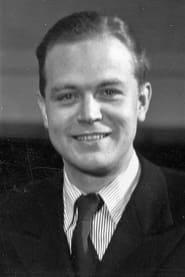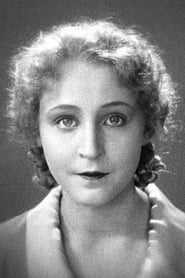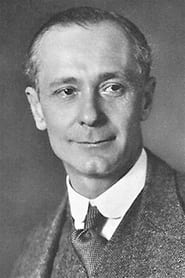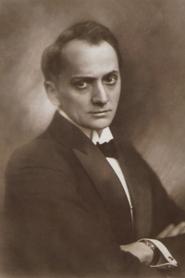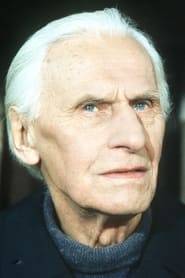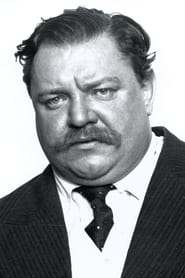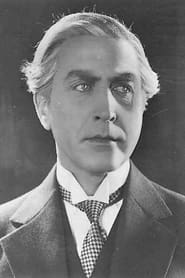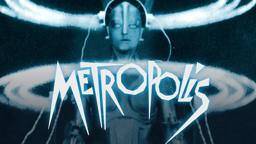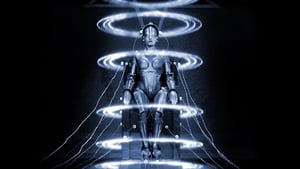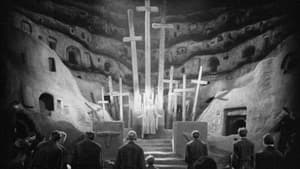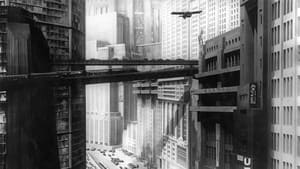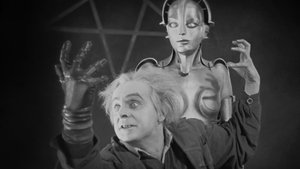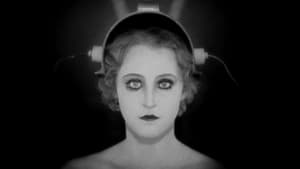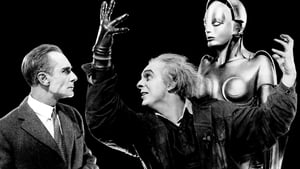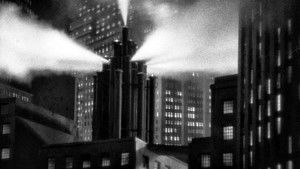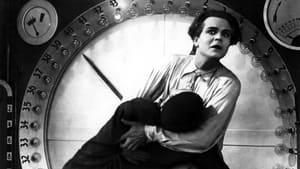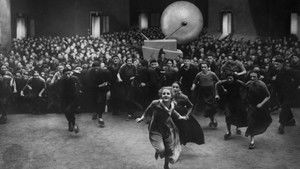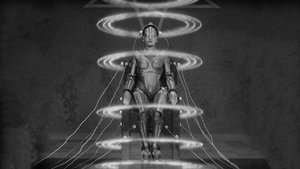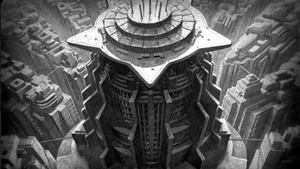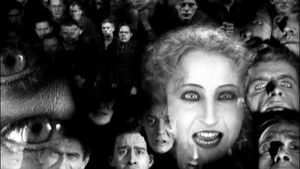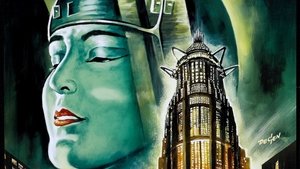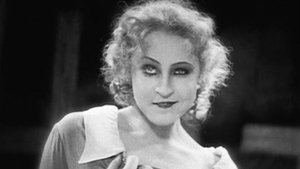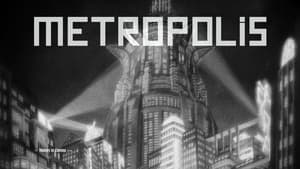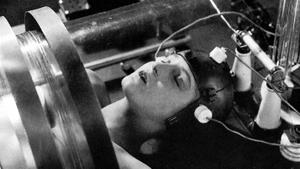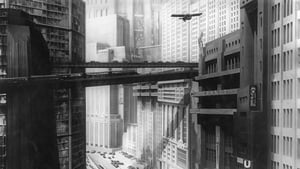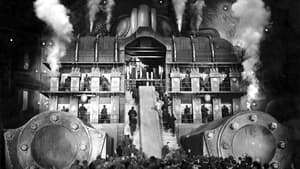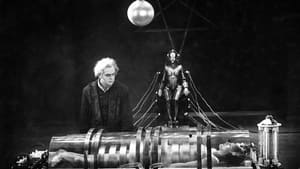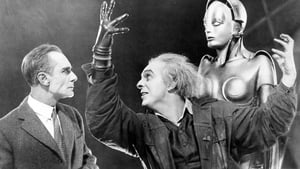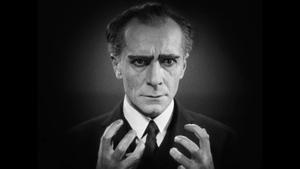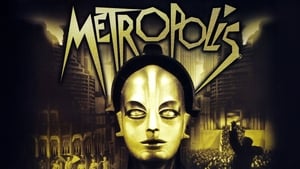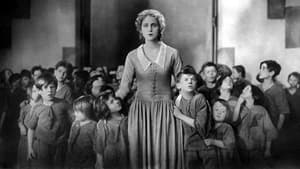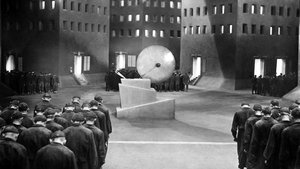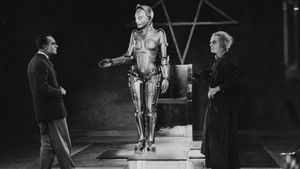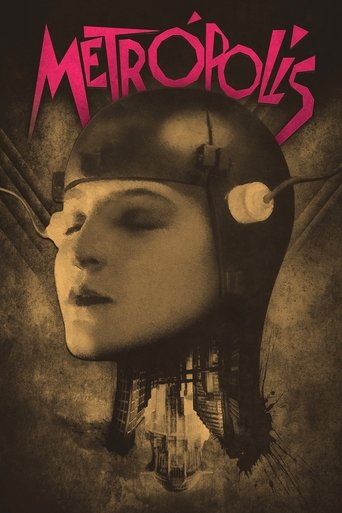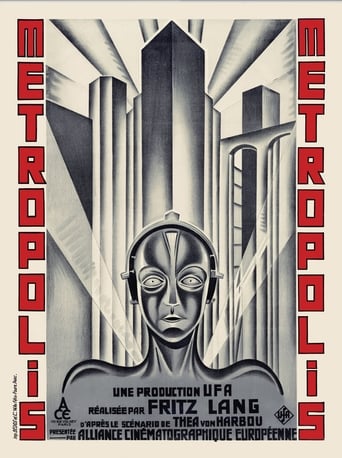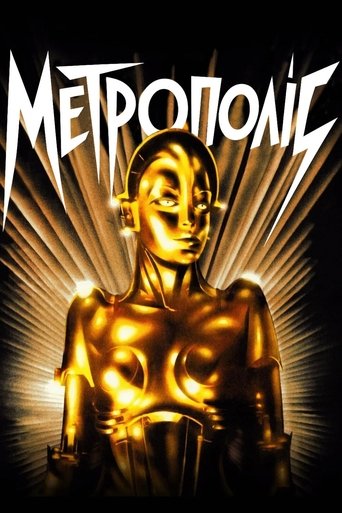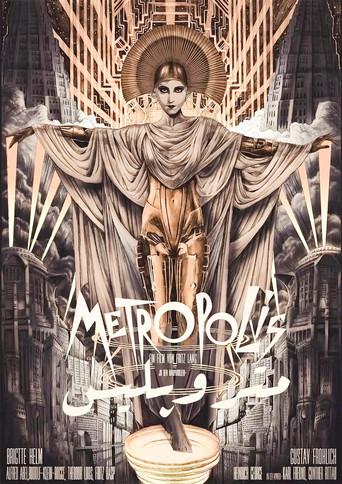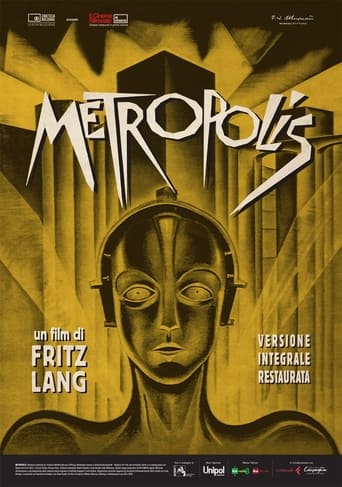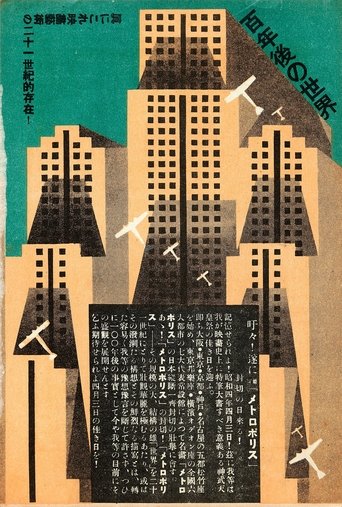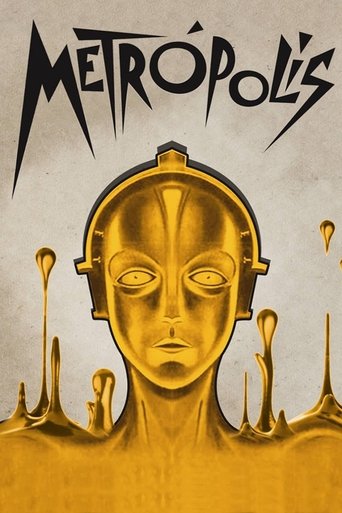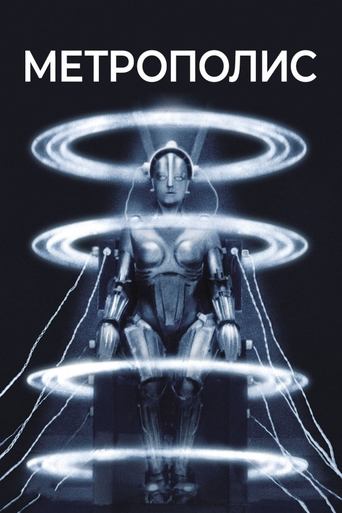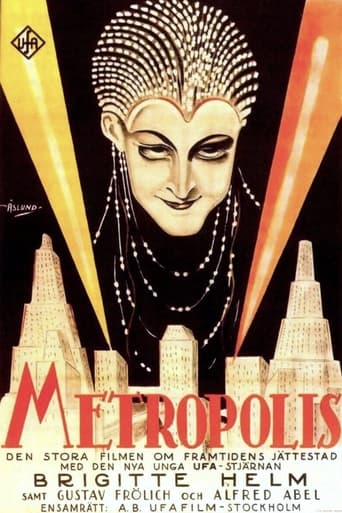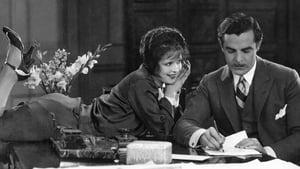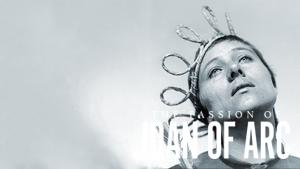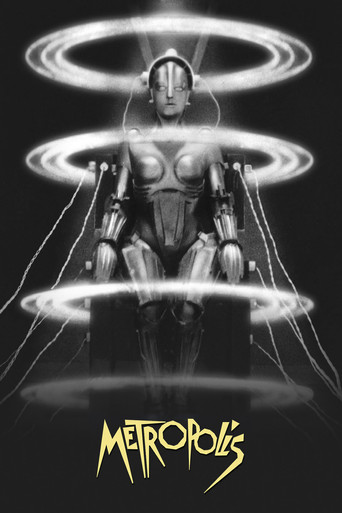
Metropolis
There can be no understanding between the hands and the brain unless the heart acts as mediator.
1927 | 148m | German
Popularity: 4 (history)
| Director: | Fritz Lang |
|---|---|
| Writer: | Fritz Lang, Thea von Harbou |
| Staring: |
| In a futuristic city sharply divided between the rich and the poor, the son of the city's mastermind meets a prophet who predicts the coming of a savior to mediate their differences. | |
| Release Date: | Jan 10, 1927 |
|---|---|
| Director: | Fritz Lang |
| Writer: | Fritz Lang, Thea von Harbou |
| Genres: | |
| Keywords | man vs machine, based on novel or book, underground world, inventor, metropolis, class society, dystopia, tower of babel, delirium, steampunk, mad scientist, grim reaper, prophet, destruction, expressionism, seven deadly sins, depravity, partially lost film, mob justice, downtrodden, saviour, social unrest, german expressionism, mediator, cautionary, suspenseful |
| Production Companies | UFA |
| Box Office |
Revenue: $1,350,322
Budget: $5,300,000 |
| Updates |
Updated: Jan 08, 2026 Entered: Mar 03, 2025 |
| Name | Character |
|---|---|
| Gustav Fröhlich | Freder Fredersen |
| Brigitte Helm | Maria / The Machine Man |
| Alfred Abel | Johann 'Joh' Fredersen |
| Rudolf Klein-Rogge | C.A. Rotwang |
| Theodor Loos | Josaphat |
| Fritz Rasp | The Thin Man |
| Erwin Biswanger | No. 11811 - Georgy |
| Heinrich George | Grot |
| Fritz Alberti | Creative Human - Man Who Convinces Babel (uncredited) |
| Grete Berger | Working Woman (uncredited) |
| Olly Boeheim | Working Woman (uncredited) |
| Heinrich Gotho | Master of Ceremonies (uncredited) |
| Gottfried Huppertz | Man Playing Violin (uncredited) |
| Georg John | Working Man Who Causes Explosion of M-Machine (uncredited) |
| Margarete Lanner | Woman of Eternal Gardens / Lady in Car (uncredited) |
| Rose Lichtenstein | Working Woman (uncredited) |
| Hanns Leo Reich | Marinus (uncredited) |
| Arthur Reinhardt | Working Man (uncredited) |
| Curt Siodmak | Working Man (uncredited) |
| Henrietta Siodmak | Working Woman (uncredited) |
| Olaf Storm | Jan (uncredited) |
| Rolf von Goth | Son in Eternal Gardens (uncredited) |
| Helen von Münchofen | Woman of Eternal Gardens (uncredited) |
| Helene Weigel | Working Woman (uncredited) |
| Name | Job |
|---|---|
| Konstantin Irmen-Tschet | Special Effects |
| Gottfried Huppertz | Original Music Composer |
| Karl Freund | Camera Operator, Director of Photography |
| Walter Ruttmann | Director of Photography |
| Edgar G. Ulmer | Set Designer |
| Walter Schulze-Mittendorff | Sculptor |
| Fritz Lang | Director, Screenplay, Editor |
| Günther Rittau | Camera Operator, Director of Photography |
| Aenne Willkomm | Costume Design |
| Ernst Kunstmann | Special Effects |
| Eugen Schüfftan | Visual Effects |
| Horst von Harbou | Still Photographer |
| Robert Baberske | Assistant Camera, First Assistant Camera |
| Thea von Harbou | Screenplay, Novel |
| Otto Hunte | Art Direction, Set Designer |
| Karl Vollbrecht | Art Direction, Set Designer |
| Frank Strobel | Conductor, Music Editor |
| Erich Kettelhut | Art Direction, Set Designer, Production Office Assistant |
| Slatan Dudow | Assistant Director |
| Otto Harzner | Original Music Composer |
| Erich Holder | Production Office Assistant |
| Rudi George | Production Artist |
| Name | Title |
|---|---|
| Erich Pommer | Producer |
| Organization | Category | Person |
|---|
Popularity History
| Year | Month | Avg | Max | Min |
|---|---|---|---|---|
| 2024 | 4 | 120 | 237 | 51 |
| 2024 | 5 | 248 | 313 | 200 |
| 2024 | 6 | 142 | 259 | 58 |
| 2024 | 7 | 49 | 75 | 24 |
| 2024 | 8 | 36 | 74 | 23 |
| 2024 | 9 | 31 | 42 | 23 |
| 2024 | 10 | 30 | 64 | 16 |
| 2024 | 11 | 29 | 48 | 22 |
| 2024 | 12 | 35 | 64 | 19 |
| 2025 | 1 | 31 | 45 | 21 |
| 2025 | 2 | 21 | 46 | 3 |
| 2025 | 3 | 10 | 30 | 3 |
| 2025 | 4 | 12 | 69 | 3 |
| 2025 | 5 | 14 | 99 | 3 |
| 2025 | 6 | 6 | 17 | 3 |
| 2025 | 7 | 3 | 5 | 2 |
| 2025 | 8 | 3 | 4 | 2 |
| 2025 | 9 | 3 | 4 | 2 |
| 2025 | 10 | 4 | 6 | 2 |
| 2025 | 11 | 3 | 3 | 2 |
| 2025 | 12 | 3 | 4 | 3 |
| 2026 | 1 | 4 | 5 | 3 |
Trending Position
| Year | Month | High | Avg |
|---|---|---|---|
| 2026 | 1 | 309 | 716 |
| Year | Month | High | Avg |
|---|---|---|---|
| 2025 | 12 | 740 | 897 |
| Year | Month | High | Avg |
|---|---|---|---|
| 2025 | 11 | 536 | 828 |
| Year | Month | High | Avg |
|---|---|---|---|
| 2025 | 10 | 110 | 419 |
| Year | Month | High | Avg |
|---|---|---|---|
| 2025 | 6 | 451 | 721 |
| Year | Month | High | Avg |
|---|---|---|---|
| 2025 | 5 | 240 | 662 |
| Year | Month | High | Avg |
|---|---|---|---|
| 2025 | 3 | 457 | 743 |
Metropolis is one of the greatest films ever made. It's amazing set design, brilliant cinematography, groundbreaking special effects and futuristic story truly makes it one of the must-sees in cinema! It is set in the future, in a city called Metropolis where the citizens are divided into two gr ... oups: workers (who live under the ground and are working 10 hour shifts by enormous machines that keeps Metropolis working) and the royals (living in luxury in the great city on the surfice). And over them all, is the creator of Metropolis: Joh Fredersen (Alfred Abel). His son Freder (Gustav Fröhlich) falls in love with a woman of the working-class called Maria (Brigitte Helm) who preaches that a mediator will come and create peace and equality for both workers and royals. Joh Fredersen sees Maria as a big threat agains his "order", so he and the inventor Rotwang (Rudolf Klein-Rogge) kidnaps her and copies her appearence onto a robot, which will destroy the workers faith in Maria. However, Rotwang secretly plans to programme the robot to make the workers destroy the city and crush Joh Fredersen, as an act of vengeance against Fredersen for a sin he committed in the past... Lang made this film in 1927, and it was a huge blockbuster event of that year. However, after the premiere, the US distributor heavily cut down the film, and thereafter the original version was considered lost for almost a decade. In 2008 they found the original version in Argentina (very damaged, but watchable), which became the basis for the most recent reconstruction (2010). If you are going to watch this movie (as I highly recommend that you do!) that's the version to watch! Overall, Metropolis is a REALLY REALLY great movie, that you, once again, MUST watch! I give it a 10/10
This has got to be the ultimate cinematic illustration of the strata of human existence. Whether it be a story of the survival of the fittest; the cleverest; the most devious; most beautiful - or a hybrid of some/all - it reflects poignantly how humanity always seeks to exist within a hierarchical s ... tructure (merited or otherwise, but perfectly epitomised here by the matriarchal, deific robot), but how much more effectively mankind can succeed if it accepts and values everyone and works together. It also clearly identifies the perennial problem of those with the brain always ending up far more successful, comfortable - and powerful than those who do the labour. Hence, this wonderful tale from Fritz Lang takes us to "Metropolis" - a totalitarian - though not necessarily intentionally malevolent - society, in which everyone has their place and role. Except, that is - for the son of the "Master". Like many a fickle youth; he has little to occupy his time and his meaningless existence leaves him ripe for new ideas. When he takes pity on a recently sacked employee of his father and shortly afterwards is exposed to a lifestyle he couldn't even have imagined, the story starts to gain a thought-provoking and unstoppable pace. The score magnificently guides us from the drudgery of day-to-day-life through the emancipating revolution that inevitably follows, with all of the ill-foreseen, largely devastating consequences - like a bottle of champagne that has been shaken, sooner or later the cork pops! It is also a story of love between the son and a woman way, way, way beneath his station. Yes, there is light on the sunlit uplands - and much like a forest fire that destroys all in it's path; this film clearly suggests at the end that hope and optimism will triumph and a green shoots of recovery starts to grow again... It also, as a piece of cinema, is clearly the inspiration for so many directors, cinematographers and story tellers that followed...
